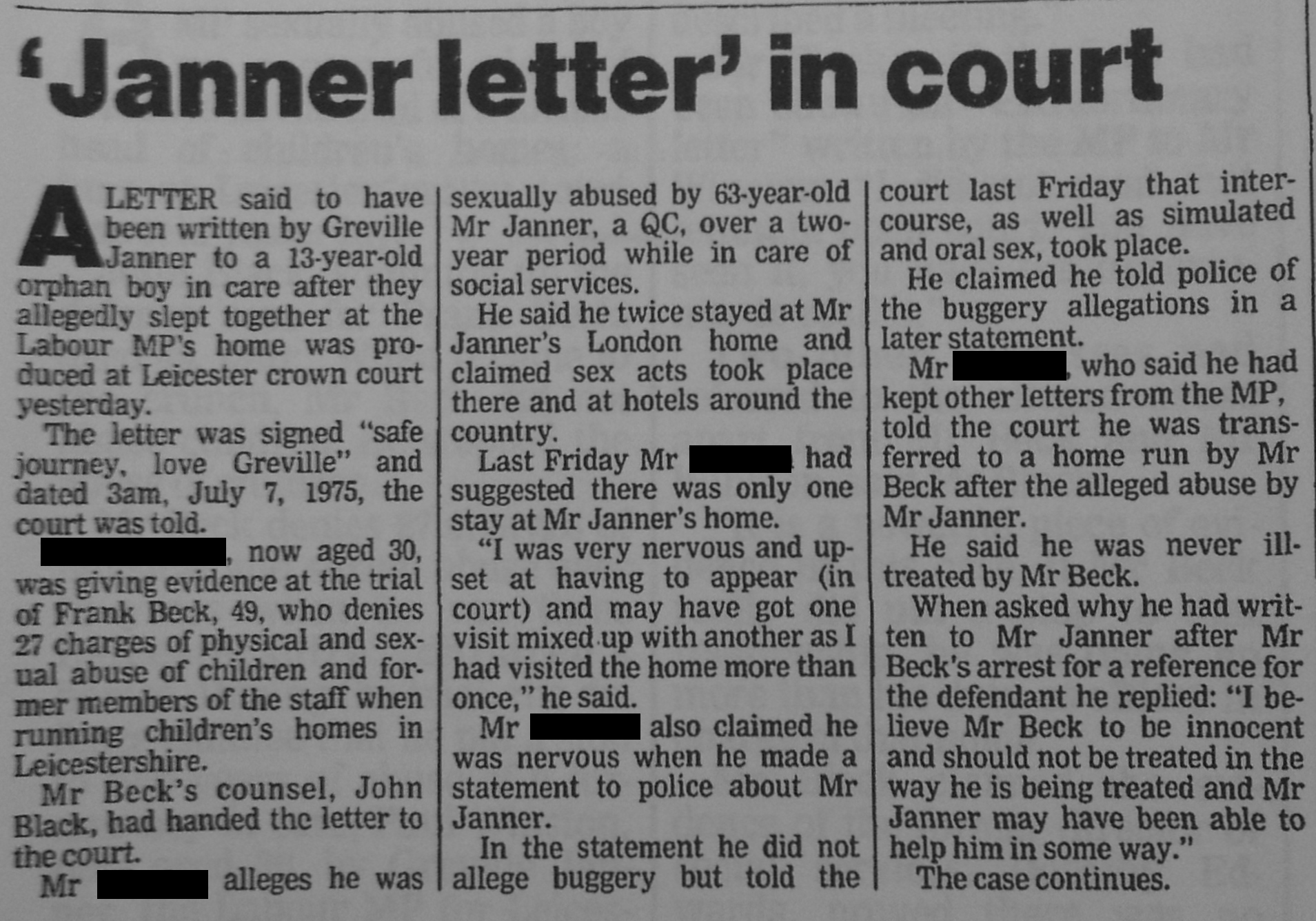by Ian Dunt
Privacy campaigners are frantically trying to brief MPs about the implications of the data retention and investigatory powers bill (Drip), before it is forced through all of its Commons stages tomorrow.
The more experts look at the bill, the more convinced they’ve become that it provides authorities with the spine of the snoopers’ charter, but without any of the public debate or parliamentary scrutiny which were supposed to accompany it.
The charter – known as the draft communications bill before it was killed off – would have forced internet service providers and mobile operators to keep details of their customers’ behaviour for 12 months.
Analysis of Drip, which was supposed to only extend the government’s current powers for another two years, suggests it forces through many of those requirements on internet firms without any of the political outrage which derailed the earlier effort.
Clause four of the bill appears to extend Ripa – the Regulation of Investigatory Powers Act (basically Britain’s Patriot Act) – so that the UK government can impose severe penalties on companies overseas that refuse to comply with interception warrants. It also lays out situations in which they may be required to maintain permanent interception capacity.
Clause five then provides a new definition of “telecommunications service”, which includes companies offering internet-based services. That seems to drag services like Gmail and Hotmail into the law, and very probably social media sites like Facebook too.
The government insists the extraterritoriality clause merely makes explicit what was previously implicit. It’s tosh. As the explanatory notes for the legislation – released very quietly on Friday night – make clear, overseas telecommunications companies did not believe they were necessarily under Ripa’s jurisdiction.
“Regarding the amendments to Ripa, in view of the suggestion by overseas telecommunications service providers that the extra-territorial effect of Ripa is unclear, it is considered necessary to amend the legislation to put the issue beyond doubt,” it reads.
“This includes clarifying the definition of a ‘telecommunications service’ to ensure the full range of telecommunications services available to customers in the United Kingdom are included in the definition.”
David Cameron, Nick Clegg and Ed Miliband insist Drip merely extends their current powers for two years. That’s nonsense. These two clauses, which have nothing to do with the purported aim of the bill, provide the spine of the snoopers’ charter.
They also appear to provide a legal basis for programmes like Tempora, the project revealed by Edward Snowden to allow GCHQ to tap into transatlantic fibre-optic cables and stored data.
Notably, Privacy International, Liberty and others are taking the government to a tribunal this week on whether Tempora is legal, even though the government won’t even admit its existence. Drip could make the tribunal ruling irrelevant.
…
read more
